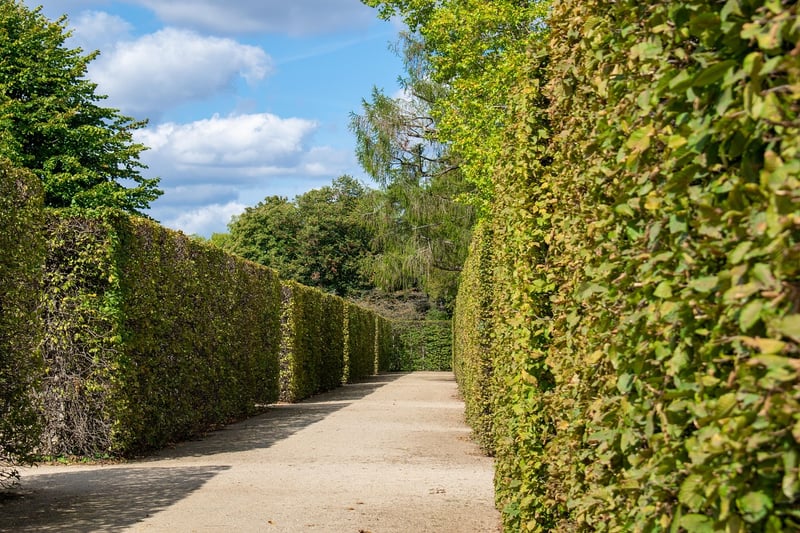Labyrinth Explorations
Embrace Mindfulness with Labyrinth Walking
In today's fast-paced world, finding moments of calm and clarity is essential for our mental well-being. One powerful way to cultivate mindfulness and self-awareness is through labyrinth walking. Labyrinths are ancient symbols that represent a journey to our center and back out into the world, offering a meditative experience that can help us connect with our inner selves.
The Art of Labyrinth Walking
A labyrinth is a winding path that leads to a central point. Unlike mazes, labyrinths have a single, unobstructed path, allowing walkers to focus on the journey rather than the destination. As you walk the labyrinth, you can let go of distractions and enter a state of mindfulness, paying attention to each step and breath.

Benefits of Labyrinth Walking
The practice of labyrinth walking offers numerous benefits, including:
- Reduced stress and anxiety
- Improved focus and concentration
- Enhanced creativity and problem-solving skills
- Increased self-awareness and introspection
- A sense of peace and inner calm
How to Walk a Labyrinth
When walking a labyrinth, follow these simple steps to enhance your experience:
- Clear your mind and set an intention for your walk.
- Enter the labyrinth and begin walking at a comfortable pace.
- Stay present and focused on each step you take.
- Reach the center and take a moment of reflection.
- Exit the labyrinth with a sense of gratitude and awareness.
Discover Labyrinths Near You
You can explore labyrinths in parks, churches, retreat centers, and even create a temporary one in your backyard using simple materials like stones or chalk. Check local listings or websites to find labyrinths near you and embark on a journey of self-discovery and mindfulness.

Start your labyrinth exploration today and experience the profound benefits of walking in awareness.
References: Psychology Today, Tracy Rhanson
